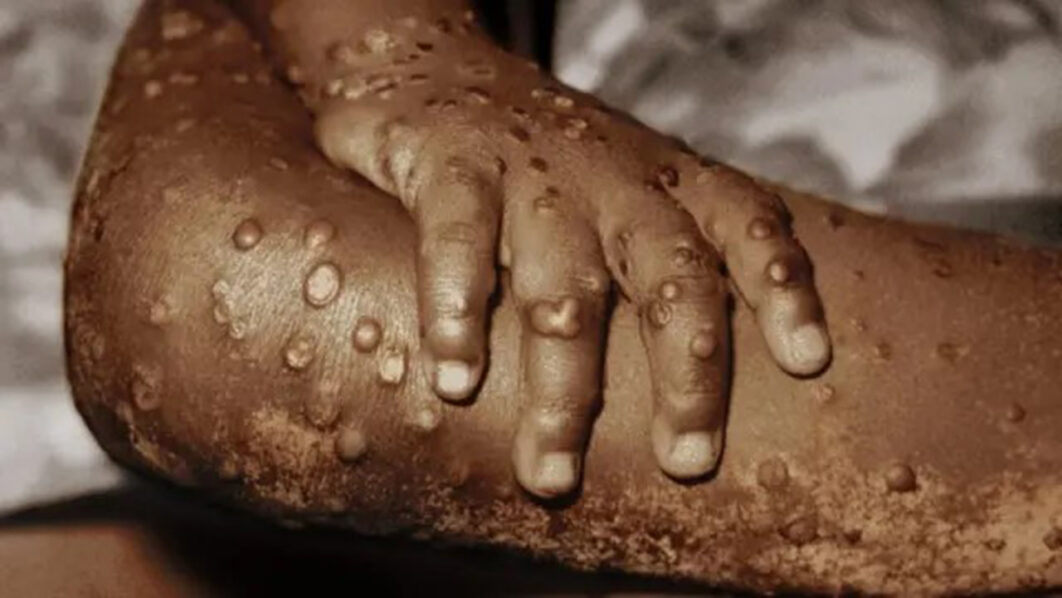
There are fresh concerns that Nigeria may experience its worst mpox outbreak as the African region is experiencing an unprecedented increase in cases since the start of 2024.
Experts have warned that a new ‘lethal’ variant of the mpox, formerly monkeypox, disease is spreading “unchecked” and poses a “severe” risk to hundreds of thousands of people as health providers lack the resources to stop the spread.
Reports show that the Democratic Republic of Congo and its neighbours are still reeling from a devastating outbreak in 2022-23 which infected nearly 100,000 people, causing severe fever, flu-like symptoms and painful rashes of pus-filled blisters.
Experts at the United States Centres for Disease Control and Prevention (CDC) and Africa CDC warned that a more deadly variant of the disease is crossing borders with a reported mortality rate of 10 per cent in children, threatening to decimate populations with authorities powerless to curtail the spread.
The World Health Organisation (WHO) African Region, yesterday, during an emergency press briefing, said 15 African countries were reporting mpox outbreak, with a total of 2030 confirmed cases and 13 deaths so far this year compared with 1,145 cases and seven deaths in the whole of 2023.
Four countries – Burundi, Kenya, Rwanda and Uganda – previously unaffected by mpox have reported cases since mid-July 2024. It has been two years since the WHO declared a global health emergency over an outbreak of mpox, a disease endemic to Africa that had spread to scores of countries.
Consequently, the WHO has elevated the mpox outbreak response to the highest-level requiring organisation-wide mobilisation and scale-up. WHO Director-General, Dr. Tedros Adhanom Ghebreyesus, has called for an emergency committee of experts to determine whether the outbreak constitutes a Public Health Emergency of International Concern.
WHO Regional Director for Africa, Dr. Matshidiso Moeti, said: “The priority is to rapidly interrupt the transmission of the virus. We’re collaborating with partners in support of countries to reinforce outbreak control measures and ensure that communities are central to ongoing efforts to effectively end these outbreaks.”
The pattern of transmission varies across the region, with the spread of a new variant (known as Clade 1b) in eastern Democratic Republic of the Congo linked to transmission through sexual contact and high population movement, while in South Africa most of the cases are among people identifying as men having sex with men.
Transmission in West and Central Africa is associated with the 2022 global outbreak. However, further analysis is required to better understand the patterns of transmission to refine the response to the outbreak.
Researchers warned that the new ‘Clade 1b’ variant of the disease has already been able to cross through the DRC’s “porous” borders, causing dozens of people to die in recent weeks between Burundi, South Africa and DR Congo, with many thousands displaced by conflicts in the region.






